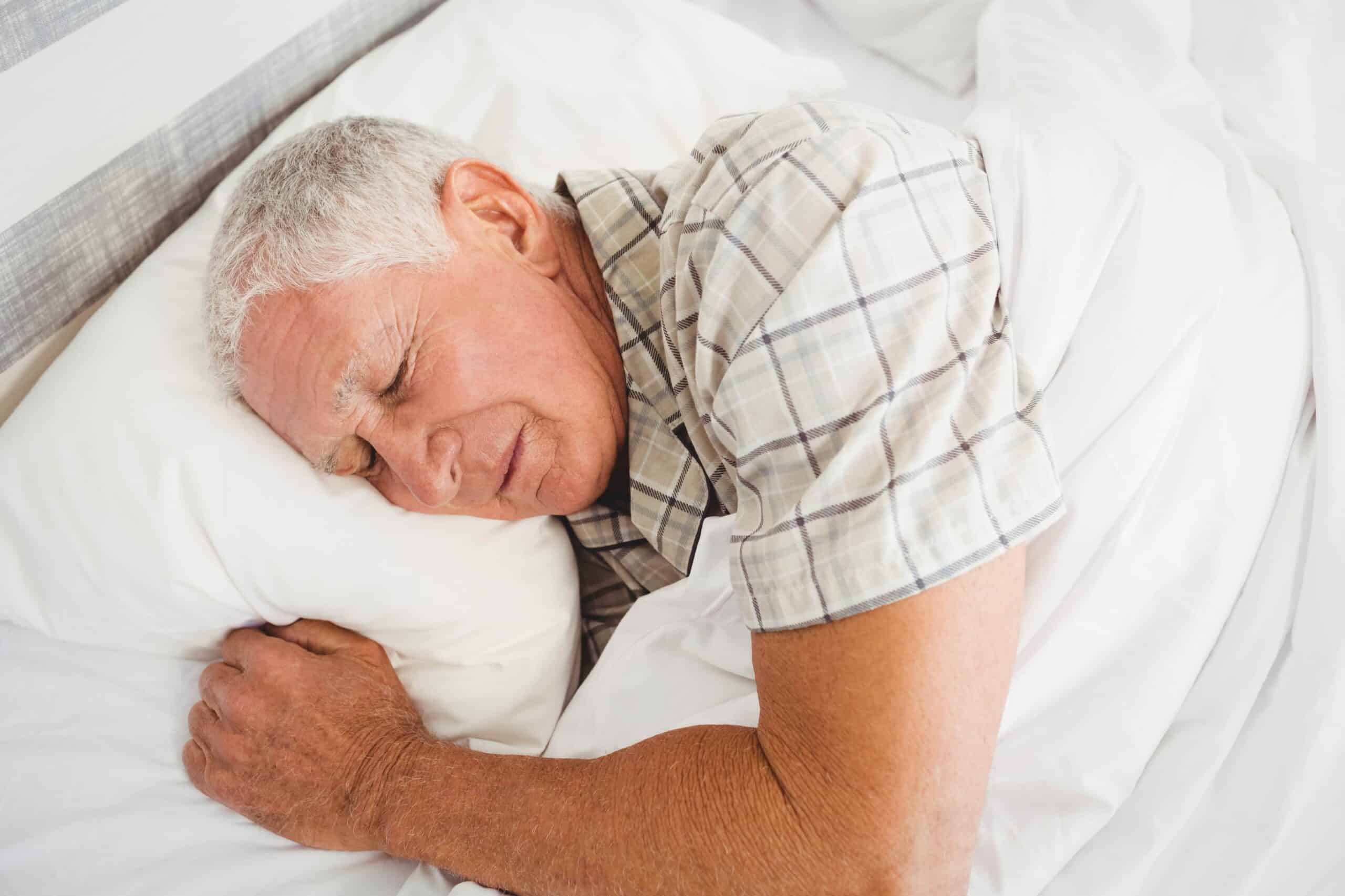
Summary: New data from a phase 2A study presented at the XXIX World Congress indicates that BioVie Inc’s investigational drug bezisterim may enhance sleep, reduce fatigue, and alleviate restless leg symptoms in Parkinson’s disease patients when used with levodopa therapy. The study revealed that bezisterim-treated patients experienced significant improvements in motor and non-motor symptoms compared to those on placebo. These findings suggest that bezisterim has potential intrinsic, levodopa-enhancing activity, supporting further clinical trials to explore its benefits in Parkinson’s disease management.
Key Takeaways:
- The investigational drug bezisterim significantly improved sleep, fatigue, and restless leg symptoms in Parkinson’s disease patients when used alongside levodopa therapy.
- Patients treated with bezisterim showed notable improvements in motor function, demonstrating the drug’s potential to enhance the effects of levodopa.
- The Phase 2A study presented at the XXIX World Congress provided statistically significant data supporting bezisterim’s efficacy, suggesting it warrants further clinical investigation.
New data presented at the XXIX World Congress suggests BioVie Inc’s investigational drug bezisterim may improve sleep, fatigue, and restless leg symptoms when used as an adjunct to levodopa therapy in Parkinson’s disease patients.
The presentation, “Improvement of Motor and Non-Motor Symptoms with Bezisterim Adjunctive to Carbidopa/Levodopa in Patients with Parkinson’s Disease: A Phase 2A, Placebo-Controlled Study,” suggests improvements of bezisterim-treated patients with non-motor symptoms.
These full dataset findings complement previously reported topline dataset findings of improvement in motor symptoms in patients treated with bezisterim and demonstrate potential intrinsic, levodopa-enhancing activity of bezisterim that is consistent with data from animal models.
Significant Motor Score Improvements
Patients treated with bezisterim and levodopa/carbidopa experienced a -2.8 point advantage on the Part 3 (motor) score on the Motor Disease Society-Unified Parkinson’s Disease Rating Scale compared to patients treated with placebo and levodopa/carbidopa. In patients younger than 70 years old (~50% of patients), the advantage for bezisterim-treated patients was -4.7 points.
Furthermore, 30% of bezisterim-treated patients experienced improvement in their ability to move, having Part 3 scores prior to their first morning dose of carbidopa/levodopa that were equal to or better than Part 3 scores associated with their being in the “on” state after carbidopa/levodopa treatment at the start of the study, whereas none of the placebo patients had the similarly improved morning Part 3 scores. The difference was statistically significant (p=0.02).
Enhanced Non-Motor Symptom Relief
Bezisterim-treated patients experienced a significant improvement of -2.4 points for the sleep/fatigue domain of the Non-Motor Symptom Scale in Parkinson’s Disease, whereas placebo patients experienced a worsening of +1.0 points (p=0.0159). Sleep/fatigue domain improvements correlated with motor score improvements (r=0.51; p=0.0259). More patients on bezisterim had improvements in the NMSS sleep/fatigue domain, while more patients on placebo worsened.
Bezisterim-treated patients experienced an improvement of -0.89 on the urge to move legs/restlessness in legs whereas placebo patients experienced a worsening of +0.99 (p=0.0321).
“These full dataset findings suggest that bezisterim as adjunct therapy to levodopa may hold promise in ameliorating specific non-motor symptoms of Parkinson’s disease, particularly in sleep/fatigue and restlessness of the legs,” says Joseph Palumbo, BioVie’s chief medical officer, in a release. “These findings extend previously reported improvement in motor symptoms with bezisterim and demonstrate potential intrinsic and levodopa-enhancing activity of bezisterim that is consistent with data from animal models and support further clinical investigation of bezisterim in late-phase trials.”
Photo 66965001 © Wavebreakmedia Ltd | Dreamstime.com
This was shown first on: https://sleepreviewmag.com/sleep-treatments/pharmaceuticals/emerging-compounds/investigational-drug-shows-potential-sleep-rls-benefits-parkinsons-patients/


